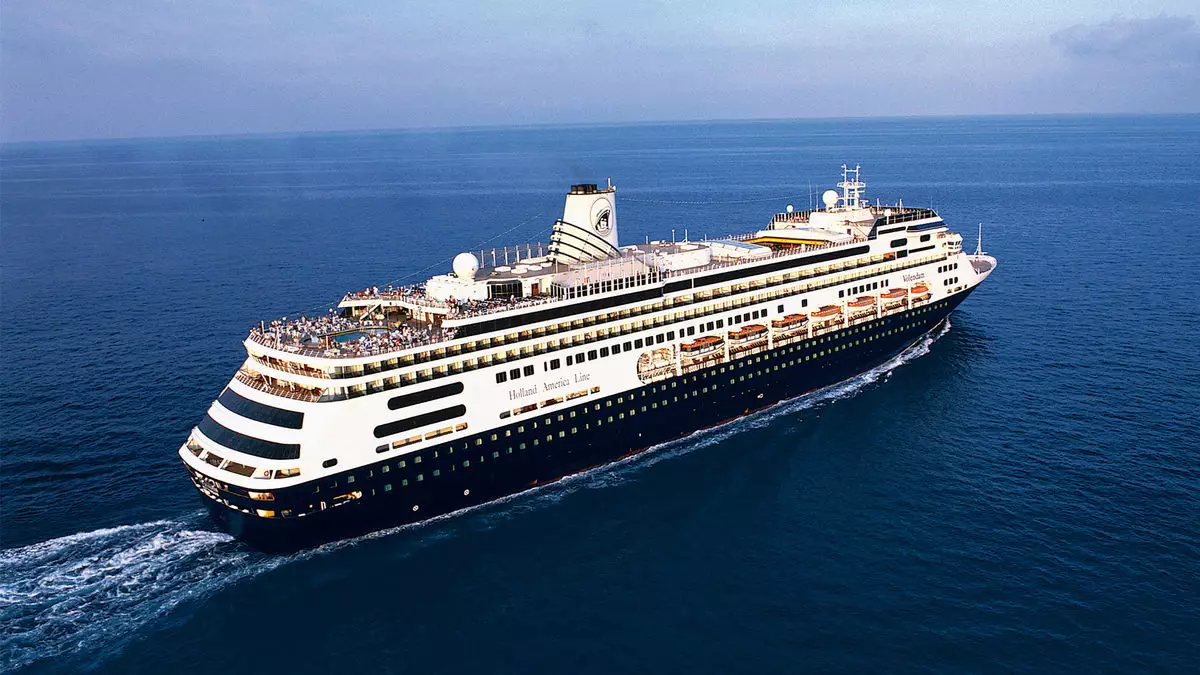The cruise industry has been exploring the use of biofuels as a potential solution to reduce greenhouse gas emissions. However, large cruise companies have reported that they are still a long way from being able to use biofuels to power their ships regularly. While trials have been conducted, the industry is facing challenges in scaling up the use of biofuels. Clean fuels like green methanol, green hydrogen, or electric liquefied natural gas are seen as more viable alternatives, but supply issues and lack of availability are hindering progress.
Both the Cruise Lines International Association (CLIA) and the International Maritime Organization (IMO) have set goals for the industry to reduce carbon emissions. CLIA aims for the industry to reach net-zero carbon by 2050, with a phased approach over the coming decades. The IMO has also set targets for alternative fuel usage, with a requirement for the maritime industry to hit up to 10% by 2030. Additionally, the European Union’s Fit for 55 plan has specific targets for reducing greenhouse gas emissions, including a transition to 2% use of alternative fuels in 2025 and 6% by 2030.
One of the key issues faced by cruise lines is the availability and quality of biofuels. While there are pilot programs testing sustainable fuels across the industry, the supply chain and production of biofuels at scale remain challenging. Biofuels are seen as a transition fuel for older ships, but there are concerns about the quality, availability, and reporting associated with their use. Cruise companies like Norwegian Cruise Line Holdings (NCLH) have conducted trials with biofuels but are still exploring long-term solutions like methanol.
Carnival Corp. is another major cruise company that has been experimenting with biofuels to reduce greenhouse gas emissions. The company has reported a reduction in emission intensity and has conducted trials with biofuels in Europe and the U.S. However, challenges remain in terms of availability and compliance with regulatory requirements. For instance, Norway plans to only allow ships using alternative fuels to sail its fjords beginning in 2026, posing a potential challenge for cruise companies.
While the cruise industry is making efforts to transition to cleaner fuels like biofuels, there are significant challenges that need to be addressed. Availability, quality, and compliance issues are hindering the widespread adoption of biofuels for powering cruise ships. Companies will need to continue testing and exploring alternative fuel options while navigating regulatory requirements and supply chain complexities. Achieving sustainability goals will require a collaborative effort from industry stakeholders, policymakers, and fuel suppliers to overcome these challenges and make the transition to cleaner fuels a reality.

